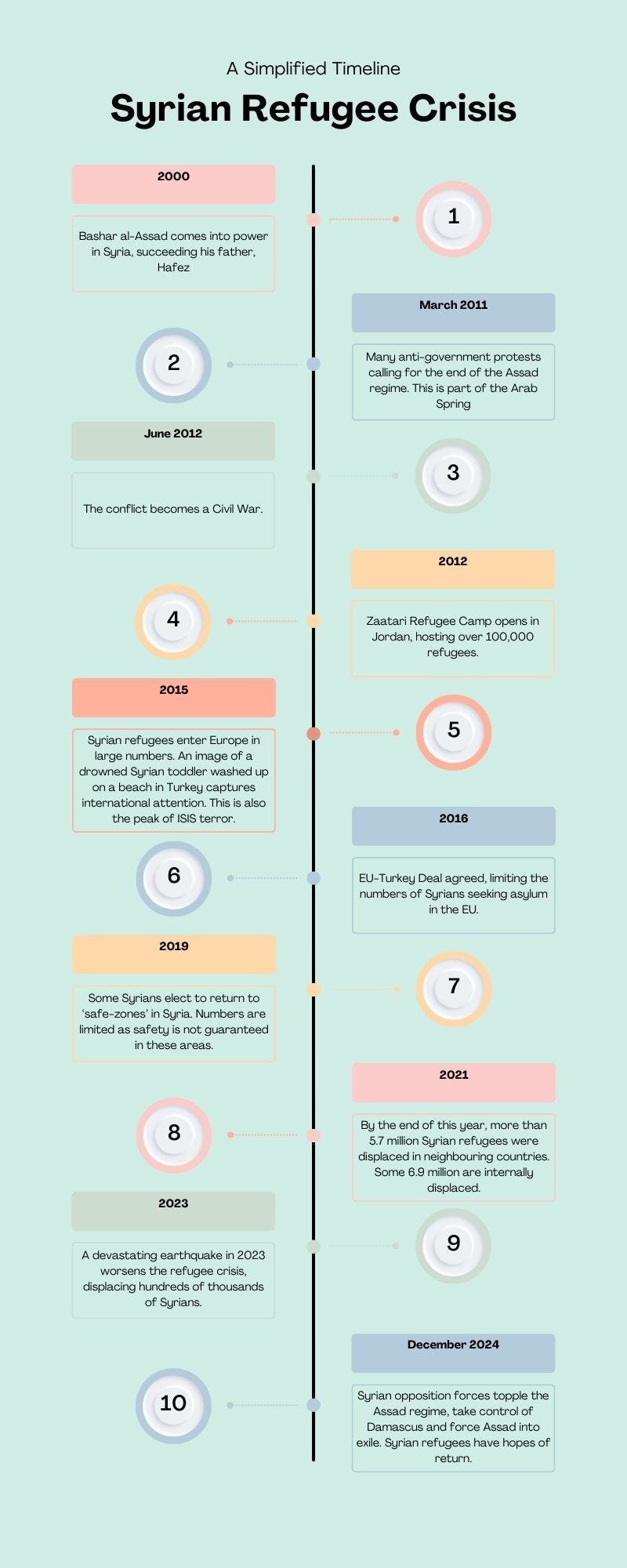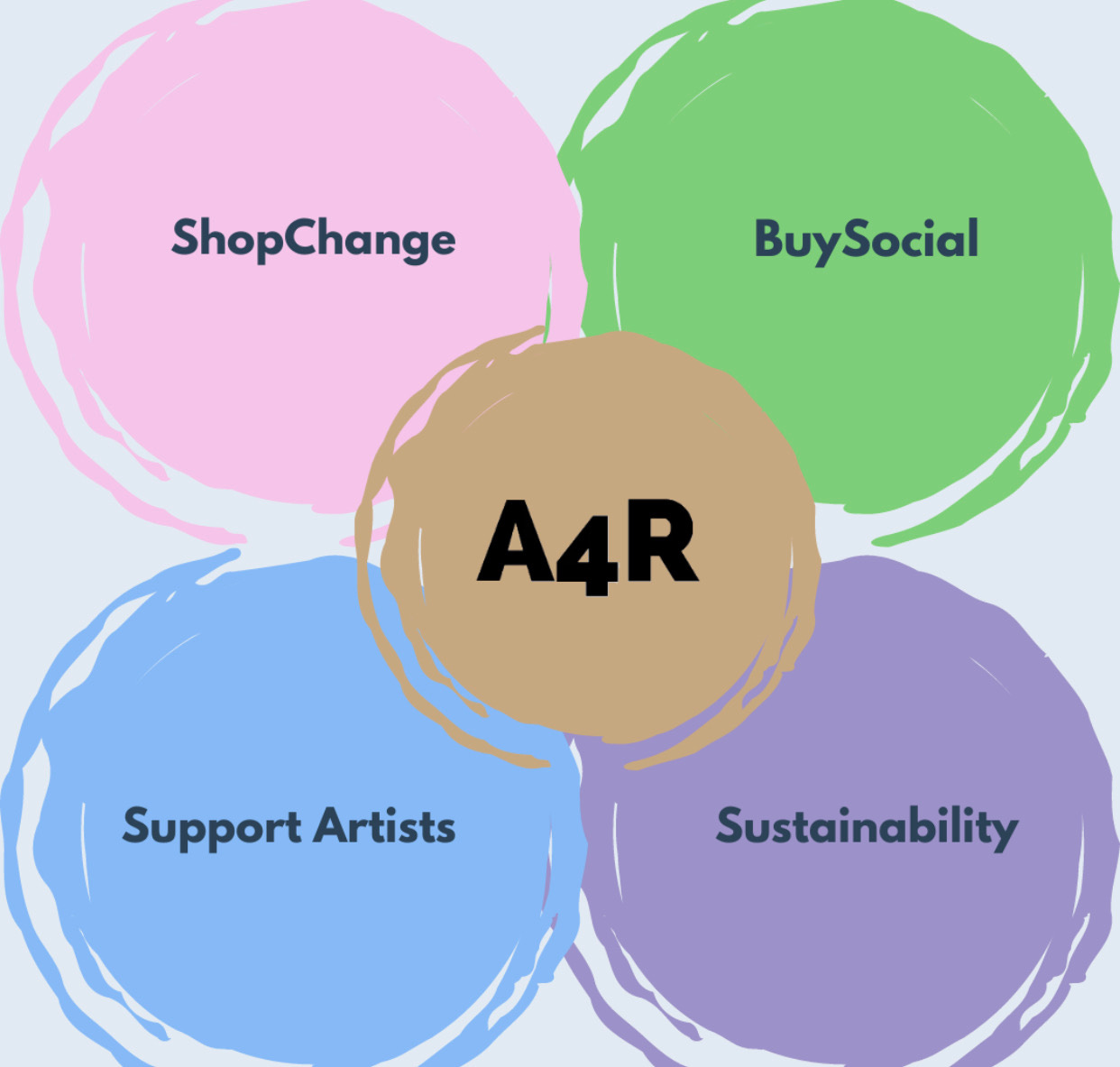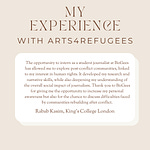Returning Home or Seeking Refuge: Balancing the Rights and Realities of Displaced Syrians
The recent fall of the Assad regime has brought the question of Syrian refugees back to the fore. In this current climate, compassion must remain as the central ethos when looking at the situation of displaced peoples.
Syria is a complex nation with many minorities. Ethnically, Syria is mainly Arab but has significant a significant Kurdish minority. It is also a nation of religious diversity with a Sunni Muslim majority. Minority religions include Shi’ite Muslims, Alawites, Christians, and Yazidis.
Bashar al-Assad’s brutal military dictatorship over Syria fell on 8 December 2024. This was after almost a quarter of a century of rule under his iron fist. A quick siege of Damascus led to Assad and his family fleeing to Moscow, previously a firm backer of his regime. Assad’s reign was one of terror, a terror that has not fully been realised. Glimpses that have been seen after the liberation of Sednaya prison give us some insight into what dissenters suffered under Assadist rule.
The question of when and if Syrian refugees should return home has become a subject of much debate, particularly in Western Europe. The right to return to one’s country is enshrined in foundational documents of international law. Article 13 of the Universal Declaration of Human Rights states this as a fundamental right. However, the complexities of this issue warrant careful consideration.
The Syrian Refugee Crisis is one which is riddled with complexity. The Arab Spring did not spare Syria and led to a complex civil war from 2011. Anti-government protesters demanded the end of Assad’s regime and took to the streets.
The subsequent civil war took a significant toll on the Syrian people. According to a report by UNHCR, since 2011 more than 14 million Syrians have been forced to leave their homes to look for safety. This meant both internal displacement with many forced to relocate within Syria, and external refuge in neighbouring countries – Türkiye, Lebanon, Jordan, Iraq and Egypt. Many also fled to Europe, with Germany receiving the largest number of Syrian migrants of any EU nation.
This refugee crisis was compounded by the complexity of the situation in Syria. The rise of so-called Islamic State of Iraq and Syria (ISIS) further contributed to Syrian instability. The brutality of their methods meant many groups in Syria were unsafe. Religious minorities in Syria fleeing religious persecution as well as those fleeing political persecution under Assad meant the refugee population was ever-expanding.
The Türkiye-Syria earthquakes in February 2023 added to the refugee crisis. The scale of the two earthquakes is yet to be fully realised, it took the life of over 55,000 people across the two nations. In a country already marred by political strife and civil war, the earthquake worsened the suffering in an already fragile region. The natural disaster added to over a decade of political and military turmoil, creating climate refugees.
Syrian refugees are displaced globally, with many forced to live in Arab nations near Syria. The number of registered refugees as of May 2024, was 779,645 in Lebanon, 631,656 in Jordan, 284,861 in Iraq, and 156,378 in Egypt. The refugee crisis is in its fourteenth year, leaving millions of Syrians in a state of prolonged uncertainty. Many Syrians also moved to Europe, with Germany being the European nation which accepted the most Syrian refugees.
In the immediate wake of the fall of the Assad regime and the end of the civil war, much discourse has turned to the return of refugees and an end to accepting asylum requests by Syrians. For example, Austria stopped accepting asylum requests just one day after rebels seized Damascus. Refugees have become the centre of a political debate motivated by far-right concerns to reduce migrations. In Germany, the far-right party Alternative for Germany (AfD) has been calling for the return of refugees to Syria. It is clear that concerns about the return of Syrian refugees to their country of origin have been driven by right-wing political agendas, rather than a genuine consideration of the complexities and realities faced by these displaced people.
This is not to say that Syrians have no hopes of returning home. A UNHCR report on Syrian refugees’ intentions to return to Syria publishes in May 2024, before the fall of Assad, showed that more than a third of Syrian refugees had hopes to return to Syria within the next five years, and over half hoped to return to Syria one day. Many Syrians, however, have created new homes in their host nations. They have become citizens of their host countries and contributed to societies in their new homes abroad. We can recognise that many Syrians express some hope of return. However, an immediate concern after the fall of a brutal regime, while we are still witnessing the fresh jubilation of a newly liberated people, shows a callous disregard for the lives of refugees.
The situation in Syria is currently volatile. The safety of Syrian refugees should be our main concern. The interim Prime Minister has issued a ‘guarantee’ of the rights of all religious groups, and hopes for the new government to transition into a democracy exist suggesting some hope for a stable future. However, though many Syrians refugees hope to return, host nations should remain a safe space for those who now consider these places home, especially in a context of an unstable Syria. In order to maintain the safety, security and survival of Syrian refugees, we should act with compassion towards them in this new era.
In this episode Ayan discusses Syria and the issues of refugees returning there. She is a student journalist with us on a placement organised with Oxford University Career Services. This article was edited using Lex.page.
Thank you for reading an A4R 🎨 Post. Don’t forget to visit our gift shop here. Every purchase scales our impact and pays our bills.














